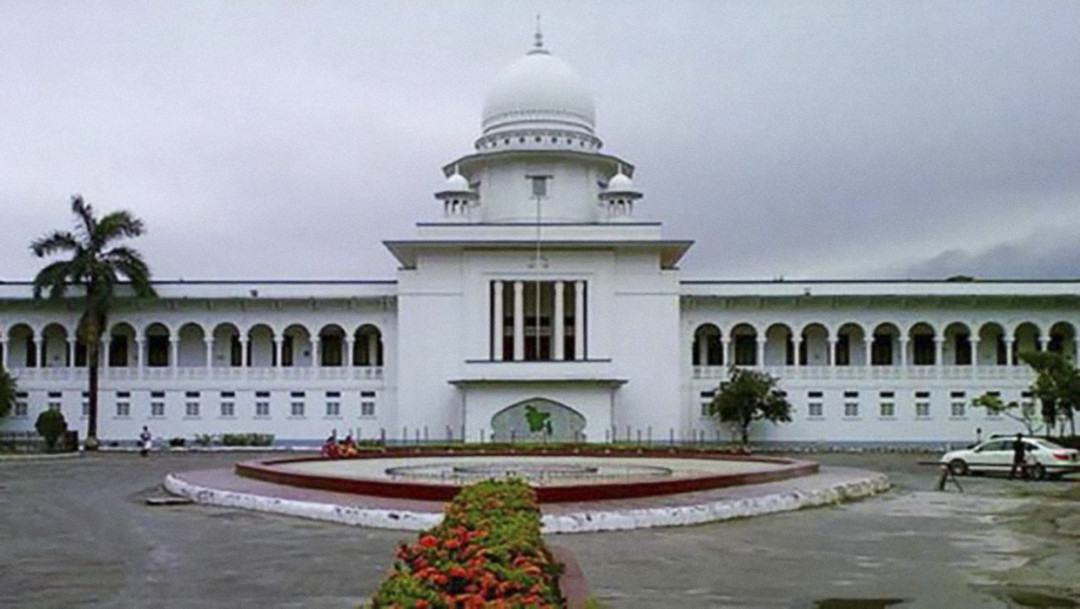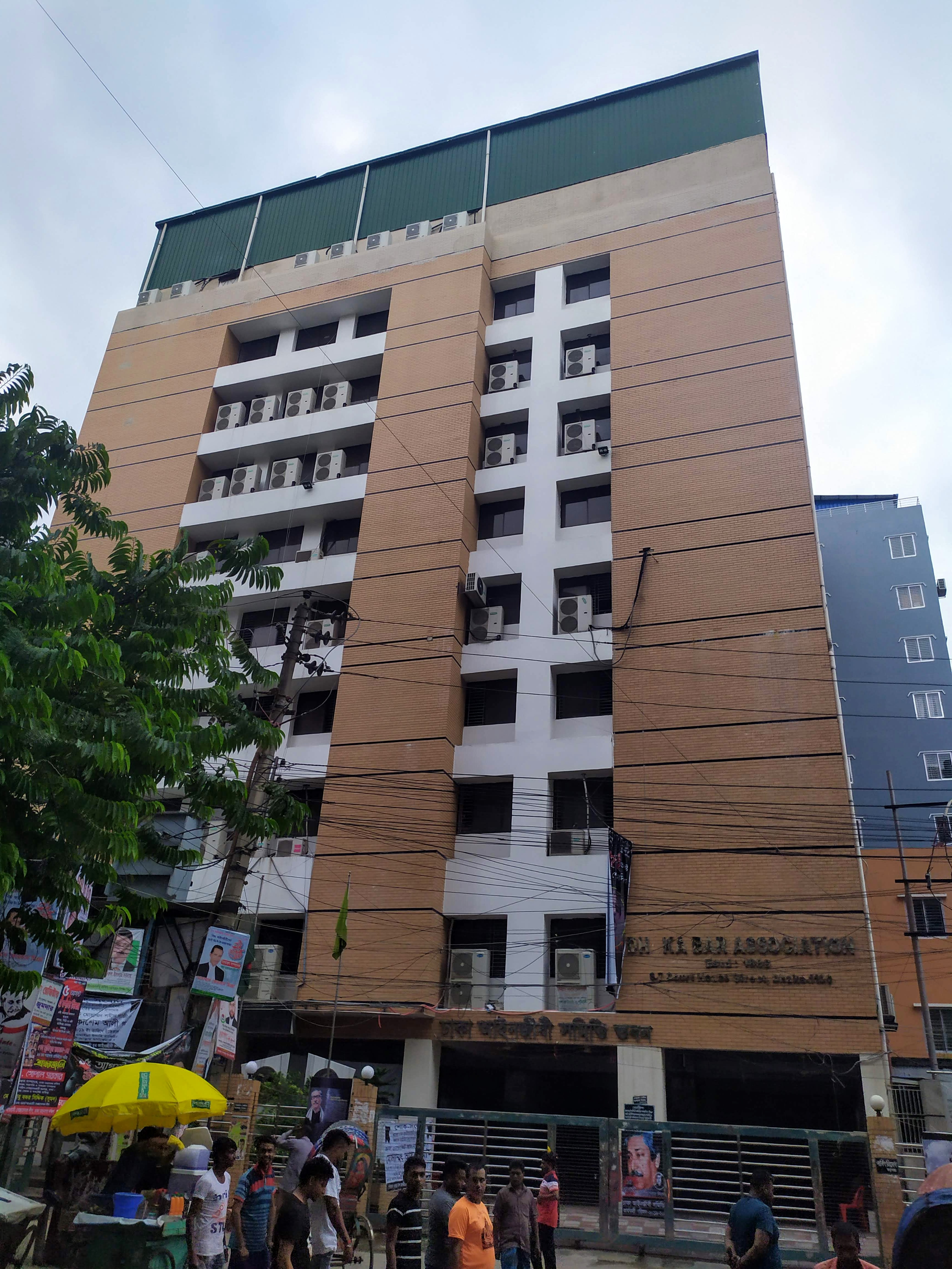20 August 2000
Dhaka, Bangladesh
Habibur Mondal
Profession
Politics & Governance
Motive
Political dissent


Adolfo Olivas


Ahmed Divela


Amit Jethwa


Artan Cuku


Babita Deokaran


Bayo Ohu


Berta Cáceres


Bhupendra Veera


Bill Kayong


Boris Nemtsov


Boško Buha


Chai Boonthonglek


Charl Kinnear


Chut Wutty


Chynybek Aliev


Cihan Hayirsevener


Daphne Caruana Galizia


Darío Fernández


Derk Wiersum


Deyda Hydara


Édgar Quintero


Edmore Ndou


Edwin Dagua


Federico Del Prete


Fernando Villavicencio


Gezahegn Gebremeskel


Gilles Cistac


Habibur Mondal


Igor Alexandrov


Jacob Juma


Ján Kuciak


Javier Valdez


Joannah Stutchbury


José Ángel Flores


Jules Koum Koum


Kem Ley


Luis Marroquín


Mahamudo Amurane


Marcelo Rivera


María Elena Ferral Hernández


Marielle Franco


Milan Pantić


Milan Vukelić


Muhammad Khan


Nelson García


Nihal Perera


Oliver Ivanović


Orel Sambrano


Perween Rahman


Peter R. de Vries


Rajendra Singh


Salim Kancil


Sandeep Sharma


Sikhosiphi Radebe


Slaviša Krunić


Soe Moe Tun


Victor Mabunda


Virgil Săhleanu


Wayne Lotter


Yuniol Ramírez


Zezico Guajajara
20 August 2000
Dhaka, Bangladesh
Profession
Politics & Governance
Motive
Political dissent
Security was extremely tight on 20 August 2000 in the 400-year-old capital city of Dhaka, Bangladesh, with visits from two foreign leaders: Palestine’s Yasser Arafat and Japanese Premier Yoshiro Mori. But even under this atmosphere of surveillance, alleged contract killer Kala Jahangir was reportedly able to shoot his target, Habibur Rahman Mondal, an advocate and local leader of the Bangladesh Nationalist Party (BNP).
Forty-four-year-old Mondal and his clerk, Arshad, were travelling to court by motorbike that morning when they came under attack by unidentified gunmen. Mondal was shot in the head and killed, but Arshad, who received a perforating bullet wound, managed to survive. It’s been 19 years since then and Arshad is still in hiding.
From a place of safety, a hideout at night, Arshad narrated how Mondal’s murder continues to haunt him and how it has had a devastating impact on Dhaka society at large. Despite concerns for his safety, Arshad testified as the main eyewitness in the 2003 murder trial, when the court handed death sentences to Jahangir and co-accused Saidur Rahman Shahid (alias Shahid Commissioner), leader of the Bangladeshi extremist group Jama’atul Mujahideen Bangladesh (JMB).
Animosity had first ignited between Mondal and Shahid when the latter lost a municipal post to Mondal in Sutrapur. Shahid’s bitterness then turned murderous when Mondal successfully filed a naraji (petition of disagreement; literally ‘I don’t accept’) in court to challenge a report allegedly fabricated by the police that indemnified Shahid of the killing of two of Mondal’s men in 1999.
From 1991 until his death, Mondal had filed numerous general diaries (reports) claiming that he would eventually be killed by Shahid. And in 1996, when the Bangladesh Awami League (BAL) came to power after 21 years, Mondal had narrowly managed to escape bombs hurled at his residence. All of which gave credence to the BNP’s conviction that his murder was part of a ‘government-led political vendetta’.
A close scrutiny of developments in the Mondal murder case, spanning two decades, exposes a criminal web within Bangladesh politics and governance that continues to threaten citizens’ faith in the state machinery. Bangladesh officially being a democratic republic, its legal system is supposed to ensure justice, prevent corruption in the court system and uphold the basic essence of the rule of law. But all of this is complicated by the country’s politics being duopolistic, made up of the pro-centre-left ruling BAL and its rival, the pro-centre-right BNP.
Mondal’s assassination took place at the height of the BNP’s electoral campaign and was summarily exploited for the purpose of reinstating the party to power in 2001. Led by Begum Khaleda Zia, who is currently in prison on corruption charges, the BNP squarely blamed the then-ruling BAL for the murder, even though Shahid was not himself a member of the BAL. Shahid was always primarily associated with the Jatiya Party (JP), politically allied with the BAL since 1996.
With the victory of BNP in the October 2001 election, the Mondal murder case became a priority once again and the police summarily issued a charge sheet listing 18 suspects. In May 2003, a speedy trial tribunal handed the death penalty to Shahid and Kala Jahangir, and sentenced five others to life imprisonment.
However, in 2008, the high court overruled Shahid’s sentence on the grounds that the ‘prosecution failed to prove the charge of criminal conspiracy’. A defence team of senior lawyers, one of whom was later appointed to a ministerial position, were seen playing for key suspects.
The BNP lost interest in the matter, allegedly because the case would not grant them useful political exposure any more. Notably, the party leader, Zia, who had organized the movements demanding the immediate arrest of Shahid in 2000, had switched sides and led the defence team responsible for freeing Shahid in 2008. She even went to the highest court to free the five other convicts and succeeded.

Bangladesh Supreme Court

The building housing the Dhaka Bar Association
On 15 July 2014, a three-member bench led by then Chief Justice SK Sinha set aside the sentences of the five other convicted. Justice Sinha called the charges ‘totally improbable’, concluding that ‘the prosecution has failed miserably to prove the charge against the appellants beyond shadow of doubt. So, they were entitled to “benefit of doubt”.’ Thus, all convicts were set free, with the exception of Kala Jahangir, who had allegedly committed suicide in 2003. Significantly, neither the state, the BNP, nor any other party has asked for a review of the case, despite this option being available to them.
‘We did not get justice,’ lamented Mondal’s wife, Nilufar Yasmin Diba. Recalling the events surrounding her husband’s death, such as Zia’s gift to her of a three-storey apartment building, Diba made a brave claim: ‘My husband was killed as part of an act of political treachery, and I was given the building on condition that BNP would conduct my husband’s murder case instead of me.’ She even pointed fingers at party men as suspects, a notion that was rejected by the BNP, some of whose members expressed concerns about her mental health.
A bloody path has continued in the wake of Mondal’s assassination. Many of the 27 witnesses who recorded charges against Shahid are on the run, some of whom are implicated in other crimes of seemingly political motivation. At least three witnesses and two convicts purportedly involved have been killed, either by unidentified miscreants or by law-enforcement agencies. Prosecutions for these killings have also made little headway, showcasing the complex system of criminality that persists in Bangladesh.
In a country with a state-reported annual murder rate of 3 800 and a backlog of three million cases in its courts, Mondal’s unresolved murder is a marker of a situation that seems untenable. Yet, a glimmer of hope came in January 2019, when Bangladesh finally submitted its long-overdue report to the UN Convention Against Torture, of which it has been a member since 1998. With this, the government made known its official ‘zero-tolerance’ policy towards crime, torture and punishment, perhaps in part a response to the report produced by an independent human-rights group that records 466 extra-judicial killings having taken place in the country in 2018.


20 July 2010
Gandhinagar, India
Amit Jethwa


15 October 2016
Mumbai, India
Bhupendra Veera


21 June 2016
Sarawak, Malaysia
Bill Kayong


11 February 2015
Klong Sai Pattana, Thailand
Chai Boonthonglek


26 April 2012
Koh Kong, Cambodia
Chut Wutty


5 May 2004
Bishkek, Kyrgyzstan
Chynybek Aliev


10 July 2016
Phnom Penh, Cambodia
Kem Ley


16 October 2018
Haripur, Pakistan
Muhammad Khan


5 July 2013
Deraniyagala, Sri Lanka
Nihal Perera


13 March 2013
Karachi, Pakistan
Perween Rahman


19 June 2018
India
Rajendra Singh


26 September 2015
Selok Awar-Awar, East Java, Indonesia
Salim Kancil


24 March 2018
Bhind, Madhya Pradesh, India
Sandeep Sharma


13 December 2016
Monywa, Myanmar
Soe Moe Tun